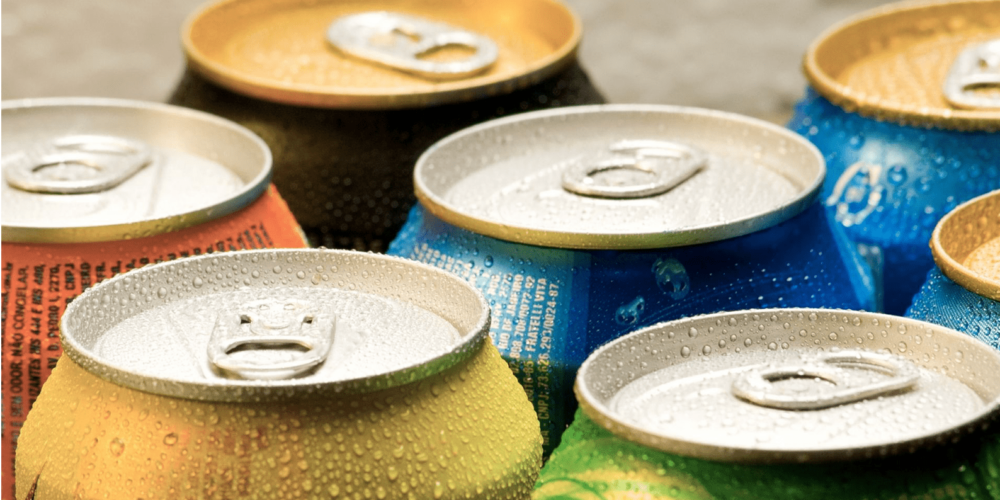Mouse studies find sugar-free energy drinks just as harmful

Two Curtin research studies have found the excessive consumption of energy drinks, even sugar-free varieties, can cause significant damage to brain cells and increase the risks of heart disease, stroke and type 2 diabetes.
The research investigated links between the chronic consumption of energy drinks and a range of adverse health outcomes in mouse models.
The first study, published in Frontiers in Nutrition, found excessive use caused damage to blood vessels in the brain. The other study, published in Nutrients, found that energy drinks induce metabolic syndrome to almost the same extent as caused by a Western diet of high saturated fats.
Lead researcher for both projects, Associate Professor Ryusuke Takechi from the Curtin Health Innovation Research Institute says while the studies were conducted on mouse models, the findings about long-term use are a potential warning to consumers.
“Energy drinks containing large quantities of caffeine and sugar are increasingly being consumed- particularly by young people. Many may believe that sugar-free varieties are ‘healthier’ for them, but our studies found the opposite,” Associate Professor Takechi said.
“Our first study investigated the potential harm to the brain and found that energy drinks, even sugar-free forms, disrupted the blood vessels and increased inflammation in the brains of mice models.
“This is particularly concerning because damage to brain blood-vessels and heightened inflammation are early characteristics of many neurodegenerative disorders such as Alzheimer’s disease and multiple sclerosis.”
The second study evaluated the effect of chronic energy drink consumption on that cluster of conditions that can lead to heart disease and stroke, known as metabolic syndrome.
“What was particularly interesting here was that we found sugar-free energy drink also promoted metabolic syndrome and increased blood glucose and cholesterol in mice models, in similar levels to standard energy drinks,” Associate Professor Takechi said.
“The study showed long-term energy drink intake, sugar-free or not, results in heightened blood glucose and bad fats (triglycerides), which are the common feature of diabetes. It also increased body fat without any changes in weight.”
“Both studies should ring alarm bells for consumers, however further studies that go beyond mouse models are needed to investigate the effects of specific individual components of energy drinks, including artificial sweeteners.”
Co-authors include Professor John Mamo, Dr Virgine Lam and Michael Nesbit from the Curtin Health Innovation Research Institute; as well as PhD candidates Liam Graneri and Zachary D’Alonzo.
The research paper The Consumption of Energy Drinks Induces Blood-Brain Barrier Dysfunction in Wild-Type Mice can be found online here.
The research paper Chronic Intake of Energy Drinks and Their Sugar Free Substitution Similarly Promotes Metabolic Syndrome can be found online here.



